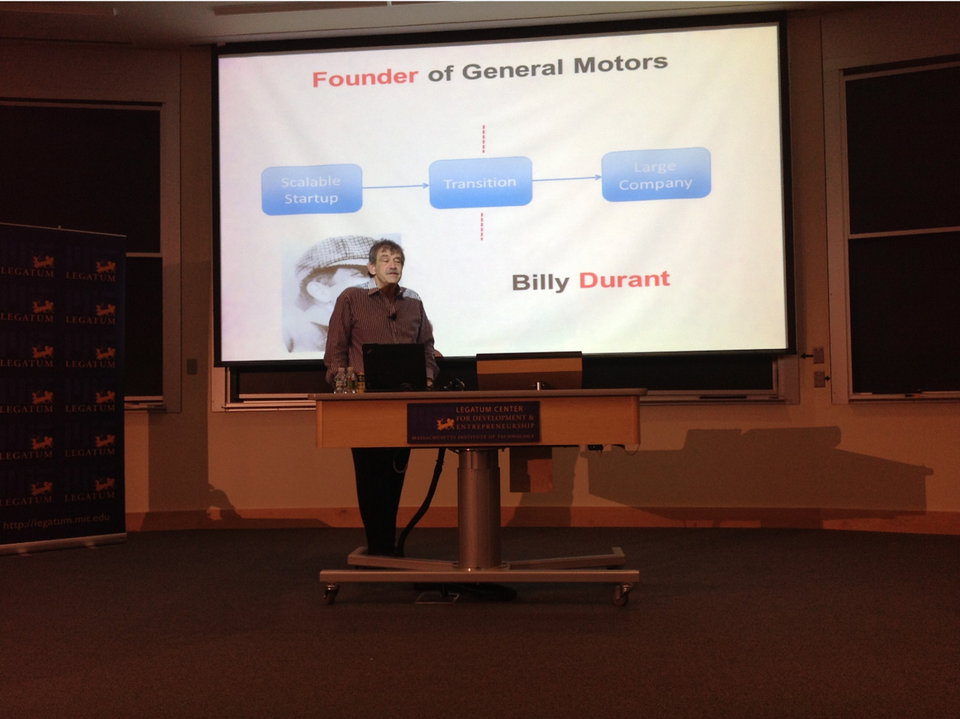Mastering the Startup Process through Customer-Centricity

A decade ago, during my MBA, I attended a session with Bob Dorf, the co-author of The Startup Owner's Manual. I recently revisited the notes I took during that session and decided to share his valuable insights on startups and the importance of focusing on customers. This blog post will provide a structured overview of these insights to help aspiring entrepreneurs navigate the startup journey more effectively.
The Significance of Customer-centricity
- Understanding the root cause of startup failures: Many startups fail due to a lack of customers rather than a failure in product development. This highlights the importance of finding and understanding your target audience.
- Prioritizing customers over product development: A common pitfall for startups is focusing too much on developing a perfect product without considering the needs and wants of their potential customers. The key to success is striking the right balance between product development and customer acquisition.
The Temporary Nature of Startups
- The role of a startup as a temporary organization: A startup is a temporary organization that aims to find a repeatable and scalable business model. Once the model is established, the company must transition from a startup to a more mature organization.
- Balancing customer acquisition and feature development: Startup founders must manage the process of acquiring customers while simultaneously developing features that cater to the needs of their target market.
The Shift from Business Plans to Business Models
- Embracing the impermanence of business plans: Business plans are often based on assumptions and may not survive the first encounter with real customers. Founders should focus on developing a flexible business model instead.
- The nine building blocks of a business model: A comprehensive business model can be described using nine building blocks: customer segments, value propositions, channels, customer relationships, revenue streams, key resources, key partners, key activities, and cost structure.
The Importance of Customer Development
- Engaging with customers to refine your offering: Founders must actively engage with customers to gather feedback, refine their value proposition, and validate their business model.
- The four-step customer development process: The customer development process includes customer discovery, customer validation, customer creation, and company building. Each step ensures that a startup's offerings align with customer needs.
Creating a Minimum Viable Product (MVP)
- Starting with simplicity: An MVP is a simple version of a product that contains enough features to attract initial customers. This allows startups to test their ideas and gather feedback before investing heavily in development.
- Iterating based on customer feedback: Once the MVP is released, startups must be receptive to customer feedback and be prepared to iterate on their product based on the insights they gain.
The Concept of Pivoting
- The heart of customer development: Pivoting is a core element of customer development, as it allows startups to change their direction based on customer feedback and market conditions.
- Pivot cycle time and the role of feedback: The pivot cycle time is determined by how quickly startups can gather feedback, analyze it, and make the necessary changes to their product or business model.
Customer Validation and Scaling
- Transitioning from customer discovery to validation: After understanding the customer's needs and refining the value proposition, startups must validate their offering and ensure it resonates with their target market.
- Scaling and accelerating your business: Once the validation phase is successful, startups must focus on scaling their operations and accelerating customer acquisition to achieve sustainable growth.
By now, most of these are well-known concepts in the startup world. There is no one perfect path for creating a successful startup. In the end, a company's success has as much to do with the founder's persistence and emotional intelligence as with their strategy to find a successful business model.





Comments ()